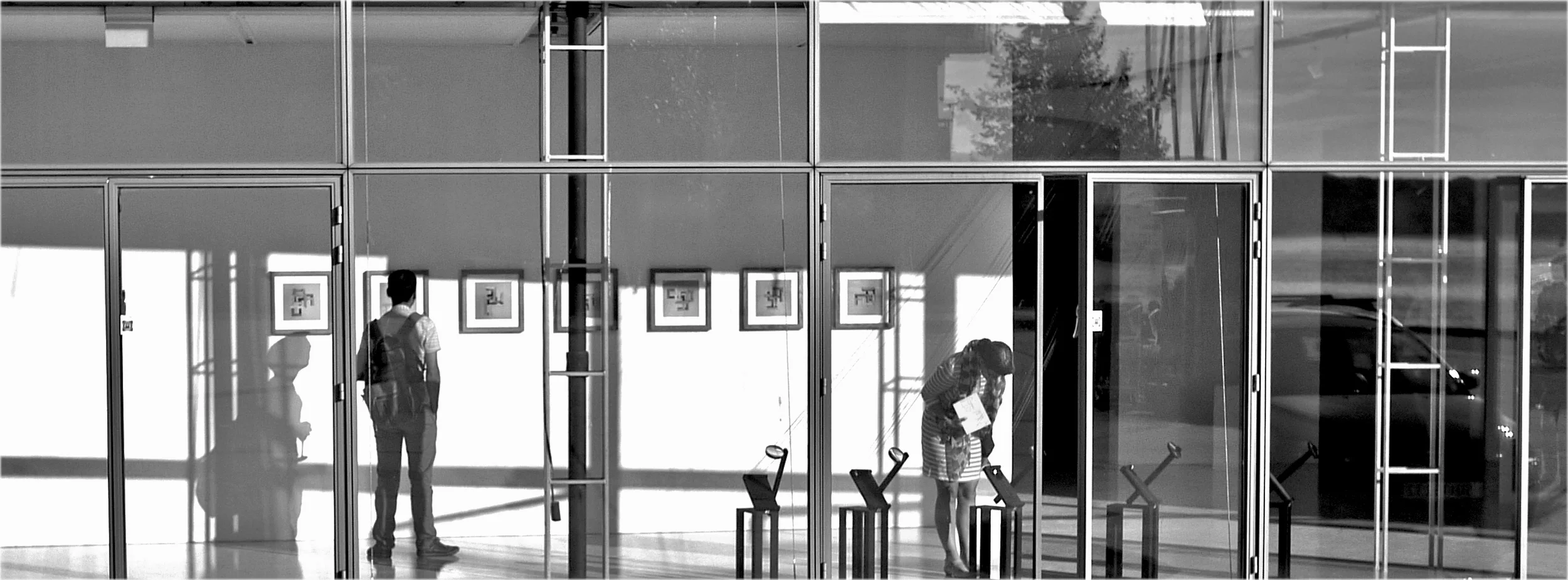The United Sardine Factory (USF) was once the largest cannery in Norway. USF is located at the Georgernes Verft by the seaside in central Bergen. The old factory is transformed into a multiple art- and cultural arena which is unique in size and variety, according to both Norwegian and international standards. Art and culture are produced, organised and passed on in several forms and genres.
USF Verftet is run by the Stiftelsen Kulturhuset USF foundation. Spread out on 12 000 sqm, about 200 people in independent enterprises operate within the areas of art, crafts, music, dance, dramatic art, design and architecture, literature, film and video, internet and multi-media. Moreover, one find a writing academy and rehearsal studios for music and dance. Several organisations and companies involved with the cultural industry are located in the building.
The cultural activity in the USF building can be divided into two categories: The production areas and the public arenas.
A rich selection of artists, creative enterprises, art organisations and educational establishments are located to the USF building. Among these are: 60 studios where 80 professional fine artists and craft artists work, two guest studios for international artists, offices for a broad range of organisations in music, film and literature. Several companies producing and distributing film and media. A number of interior architects and furniture designers. Educational institutions in music, dance and literature. Rehearsal studios for dancers and musicians.
An abundant program is presented from independent art groups, promotors and festival organisers. About 120.000 visitors attends an array of art and cultural events every year.
Cinemateket USF is a 90 seat art-house cinema, viewing new and classical films.
Sardinen USF is a club and concert venue hosting weekly jazz concerts with local musicians as well as international jazz stars.
Røkeriet USF is the largest venue accommodating 1300 people. The area is mainly used for larger concerts in the rock- and jazz genre, sometimes for theatre, dance and art installations.
Studio USF is the only black box stage in Bergen. This small stage is perfect for theatre, acoustic music, clubbing, dance and performance, especially designed for performers who appreciate close contact with the audience.
Visningsrommet USF is an independent and non-commercial gallery where Norwegian and international artists present contemporary art.
Kafe Kippers is the rallying point of artists and the public, located on the pier and accommodating Bergen's largest outdoor restaurant in the summertime, where 500 quests can enjoy the most beautiful fjord views as well as the sunset.
The history
In 1784, a sailing-ship yard was established and was in operation almost throughout the 19th century. Then the largest Norwegian knitwear factory of finer knitwear was established and expanded in the same location. In the year 1910, the United Sardine Factory Ltd. (USF) started the sardine canning industry in the building.
Today, the building stands approximately as it was during the years 1914-1915, except for two large warehouses, which were torn down.
The enterprises at this place through the centuries has been according to the spirit of the times in local and European history. In 1983, the sardine factory closed down, and the first artists moved into run-down premises that was transformed to studios.
The public areas of the building opened in 1993. The realisation of art arena USF Verftet are based on the efforts of idealistic people who had the courage and the purpose to follow their dream. The cooperation between the property owner and the foundation was quite unique, however the breaking factor was the political support and the final award of public means to realise the art and culture centre in 1993.
USF Verftet was also part of an international trend during the 80s where empty factory buildings were re-used for cultural purposes. USF Verftet is unique because of its variety of art and cultural production and presentation and has been a model for development of art and cultural clusters abroad, i.e. The Baltic in Newcastle and The Custard Factory in Birmingham.
